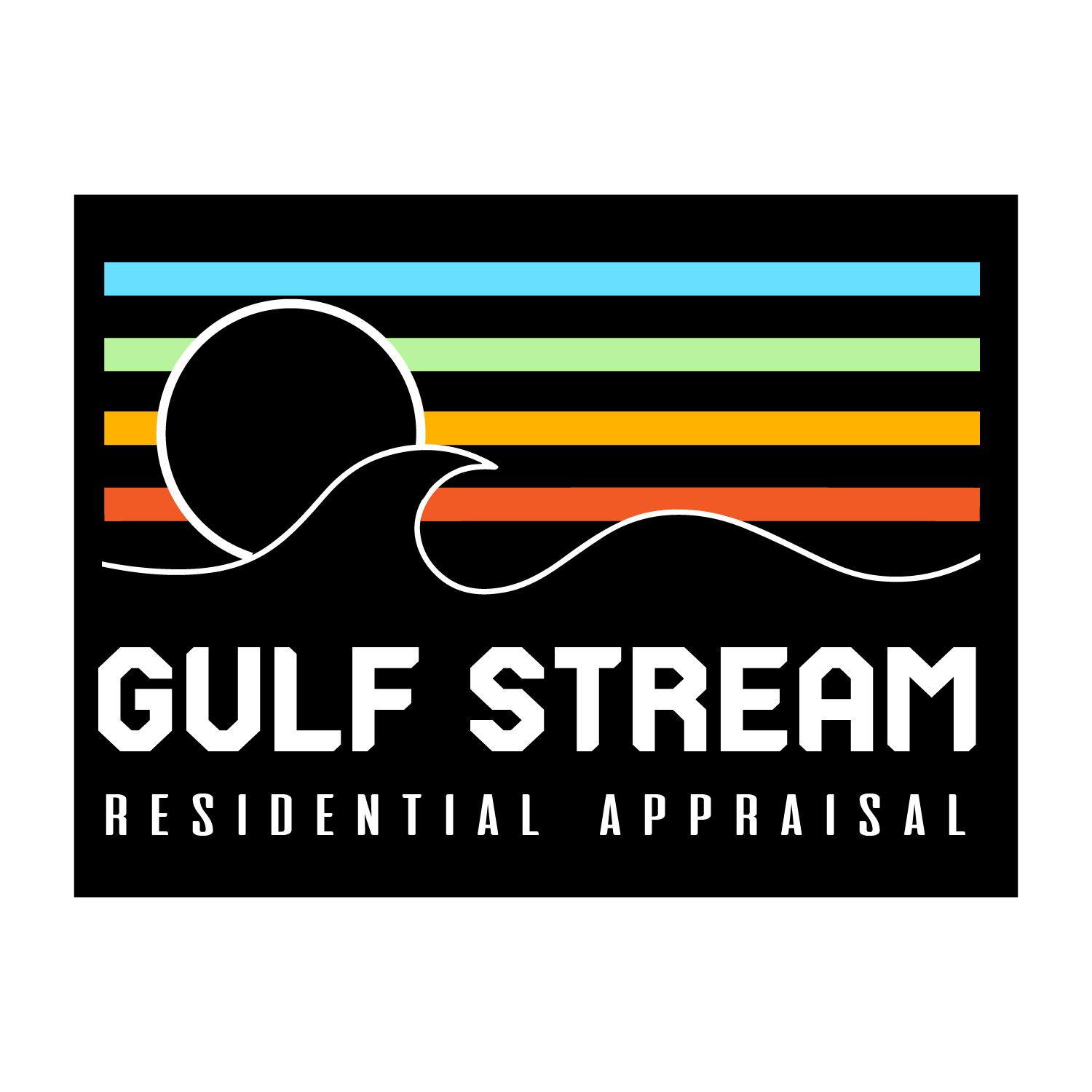The Disconnect Between Short-Term Rentals and Residential Valuation
In recent years, the rise of short-term rental platforms like Airbnb and VRBO has significantly impacted the real estate market. However, when it comes to residential valuation, it is crucial to recognize the limitations of relying on short-term rental income as a determining factor. In this blog, we will explore why short-term rentals should not be considered the sole basis for residential valuation, drawing insights from industry experts and their research.
1. Julie Friess SRA, AI-RRS, MA Perspective: According to an article by Julie Friess SRA, AI-RRS, MA, short-term rental income cannot be viewed as a reliable source for residential valuation. The primary reason is that short-term rentals are inherently volatile, with income streams subject to fluctuations based on factors such as seasonality, market demand, and external events. Relying solely on this income can lead to inaccurate and unreliable valuation results.
2. Peter Gallo's Insights: Peter Gallo, an appraiser from North Carolina, shared his thoughts on LinkedIn regarding the FNMA 1007 form, which is used to report rental income. He emphasizes that short-term rentals are fundamentally different from traditional long-term leases, and their income cannot be accurately assessed using conventional methods. The transient nature of short-term rentals, coupled with the dynamic rental market, makes it challenging to project stable and consistent income streams.
3. The Importance of Market Comparables: Residential valuation relies heavily on market comparables, which are properties with similar characteristics that have recently sold or leased. Short-term rentals often lack comparable data, making it difficult to establish a reliable valuation based solely on their income potential. This lack of data can lead to inconsistencies and inaccuracies in the valuation process.
4. The Impact of Regulation and Zoning: Another crucial aspect to consider is the regulatory environment surrounding short-term rentals. Many cities and municipalities have implemented restrictions and regulations on short-term rentals due to concerns over neighborhood disruptions, housing affordability, and compliance with local laws. These regulations can significantly impact the income potential of short-term rentals, further emphasizing the need for caution when relying on them for residential valuation.
5. Going Concern Valuation for Short-Term Rentals:
When it comes to short-term rentals, the concept of going concern valuation poses additional challenges. Going concern valuation refers to the valuation of a business's overall worth, considering its ability to generate future income. While short-term rentals can be viewed as a business endeavor, their transient nature and reliance on constantly changing market demand make it difficult to accurately predict long-term income streams. Factors such as changing travel trends, competition from other rental platforms, and external events can significantly impact the profitability and sustainability of short-term rental businesses. Going Concern valuations are outside of the practice of a residential appraiser, and provide further evidence as to why short term rentals should not be performed on a 1007 rent schedule form.
Final Words
While short-term rentals have undoubtedly transformed the real estate landscape, it is vital to approach residential valuation with caution when considering their income potential. Fluctuating income streams, the lack of reliable market comparables, the commercial going concern valuation component, and the regulatory landscape surrounding short-term rentals all contribute to the disconnect between short-term rental income and residential valuation.

